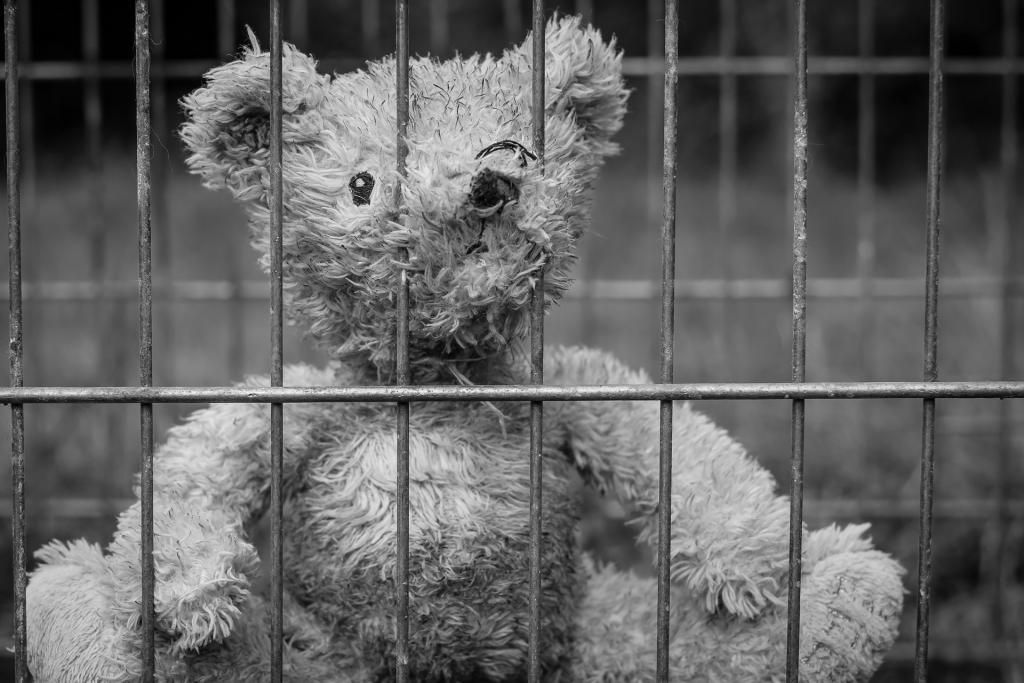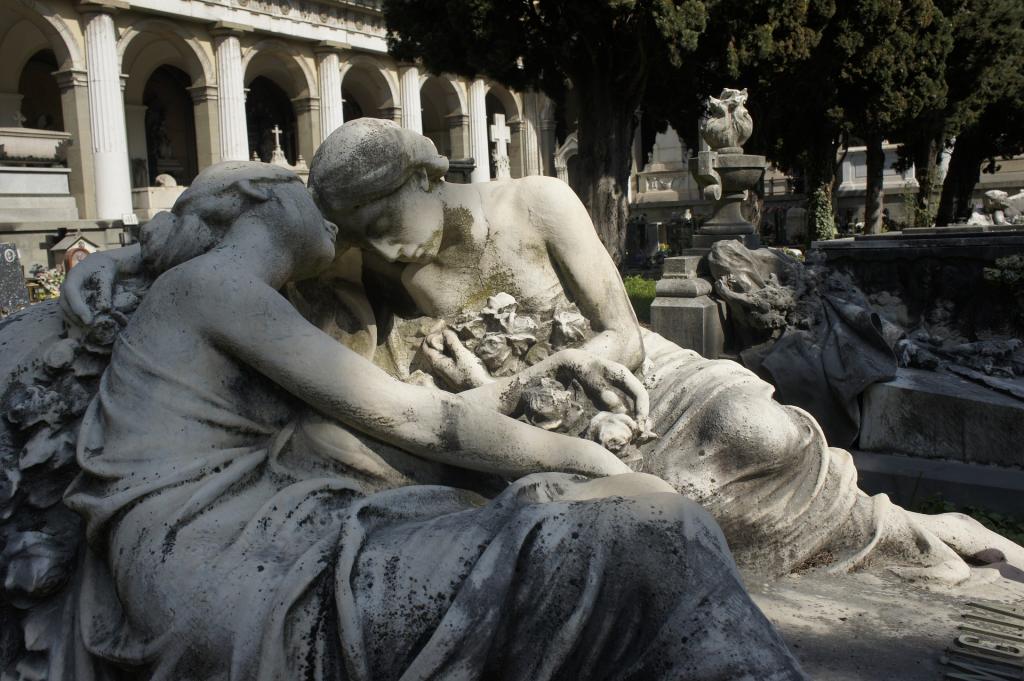Since the revelations about Jean Vanier came to light, I have been mulling over the problem of heroes and saints.
For those of you who aren’t familiar with the scandal, Vanier was the founder of L’Arche, a Catholic ministry to people with intellectual disabilities. He authored a number of spiritual books and was not only beloved within the Church but had also been honoured as a Campanion of the Order of Canada in recognition of his contributions to society.
Just last month, L’Arche published the results of an independent inquiry showing that Vanier had used his position of spiritual authority to sexually abuse at least six women within the organization.
The report sent shockwaves through Catholic communities, and if you browse the Catholic blogosphere you can find a lot of writers trying to grapple with these revelations. The central question being, how can a man who did such evident good in the world also be an abuser?
How can someone who seemed like a Saint actually be a predator?
The question that occurs to me is, how many other heroes of the church were actually exactly the same?
Conspiracies of Silence
Until very recently, maybe even as recently as ten or twenty years ago, Vanier’s victims would probably never have come forward. There would have been very little point in coming forward: the idea that emotional and spiritual manipulation constitute a form of sexual abuse is one that we’re only just starting to wake up to.
Fifty years ago, these women would either have justified Vanier’s actions to themselves, or they would have considered themselves to be complicit in his sins. Coming forward would have involved self-accusation.
In my years working as a Catholic blogger, I heard a lot of stories from victims who were explicitly told that they had invited their victimization, that they were complicit, that they should tell nobody except for God and their confessor about the “sin” that they had committed.
Women and boys who were blatantly raped were counselled to consider their part in the assault, how they had provoked it. They were told that forgiveness demanded silence, and that it would selfishly damage the reputation of their abuser if they revealed the abuse.
As a general pattern, the more “saintly” or revered the perpetrator was, the more likely it was that the victim would be pressured to keep quiet or blame themselves. And of course we know from the extensive evidence of cover ups, that anyone in a position of authority within an organization benefits from the perception that disclosing their abusive behaviour will harm the organization as a whole.
Patron Saint of Predators
This means that it’s not only possible, not only likely, but actually pretty much certain that at least some of the men who history holds up as exemplary Christians were, in fact, guilty of sexual abuse.
I am sure that there are canonized Saints, men much like Vanier, whose predations are not known because the victims were told that they were not victims, but temptresses. Or whose victims were told nothing because they had already internalized these lies and were too ashamed to speak up.
What the case of Jean Vanier does is challenge one of our most deeply held assumptions about predatory religious leaders: that they are simply bad men. Generally, we tell ourselves that there are “bad eggs,” evil men who use a superficial veneer of religiosity to gain access to victims.
We tacitly overlook the fact that, again and again, victims tell us that their abuser was charismatic, well liked, well regarded, generous, and apparently deeply pious. That people who knew abusive priests and pastors react with shock and alarm: “But he seemed like such a holy man!”
We want to believe that these are exceptions, or that the people in question just had bad instincts and didn’t notice obvious red flags. That the bad guys are noticeably slimy, narcissistic, self-seeking, creeps.
The revelations about Vanier shock us because he wasn’t. He really, actually did a tremendous amount of good and the good that he did was visible even to people outside of the Church. He founded a deeply Christian organization doing Christ’s work and he wrote beautiful, moving books full of truth and wisdom.
He was a living saint. And also a predator who took advantage of women.
Kill Your Heroes
The fact that these realities could co-exist tells us something very important about Holy Men. They aren’t.
We are trained, from a very young age, to think that there are certain people (usually, but not always, male) who have somehow transcended ordinary human appetites and drives. They are beyond lust, beyond ambition. We can trust them because they have overcome their selfishness and their arrogance.
They are still tempted. Of course. That goes without saying. But they are given some kind of special grant of divine grace or favour that preserves them from the kinds of evil and error that ordinary humans like us are prone to.
For this reason, not only is it safe for us to place ourselves in their hands — it may even be unsafe for us to do otherwise. After all, we are fallible, sinful, flawed, proud, and generally unreliable. We need the Great Men to lead us because otherwise we will be misled by our own fallen intellects, clouded consciences and unconscious drives.
What Vanier tells us is that even the best and most saintly-seeming of the Great Men are actually just men. They also have intellects that are capable of error. They also have consciences with blind spots. They also have unconscious drives that guide their behaviour.
Holy men are ordinary men. Some of them are even quite bad ordinary men. They are, however, men who have a certain mystique about them that leads people to trust them — often to trust them more than we trust ourselves.
This mystique may come from personal charisma, or it may come from awe or respect directed at institutions. In either case, it causes us to doubt our own instincts and intellects.
Women who are abused by spiritual leaders, especially those who are told the abuse is “mystical,” often report having doubts and hesitations about what’s happening. However, they rarely voice them and if they do say anything they usually don’t insist that it has to stop. They may go along with what they are being told to do because they have been taught all their lives that it is proper and “humble” for a woman to trust the injunctions of a Holy Man over and against her own instincts or desires.
Most attempts to address the problem of spiritual, sexual and religious abuse at the hands of priests and other religious leaders relies on the assumption that we are going to be able to spot and remove the predators. And of course, proper screening and accountability practices are essential.
However, I think equally essential is an end to the practice of putting men on pedestals. We have to stop believing that lie that there are certain men who God has specially chosen or ordained to be our superiors. Certain authorities before whom God wants us to suspend our own best interests and our own critical faculties.
If churches are truly committed to ending spiritual and religious abuse that they have to address this root and let go of the self-serving myth of the great, holy, saintly, infallible man ordained by God to lord it over us poor, ignorant sinners.
Image by Wendy Corniquet from Pixabay











